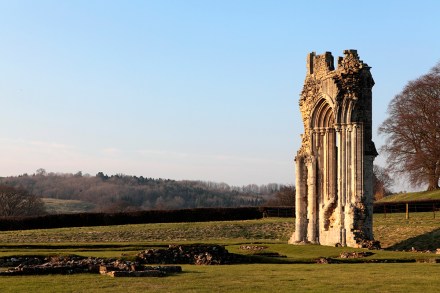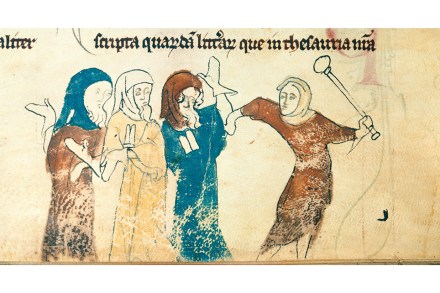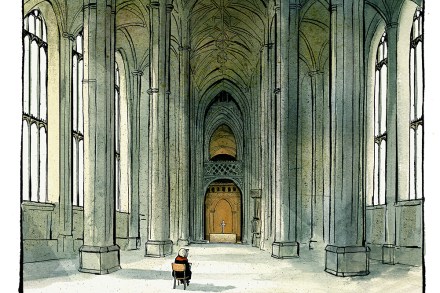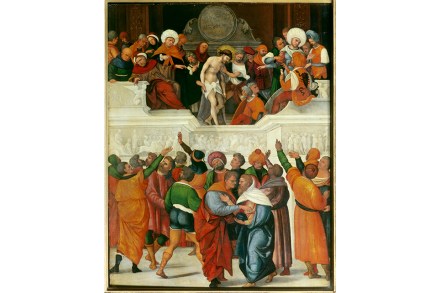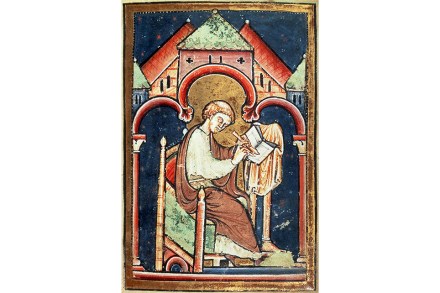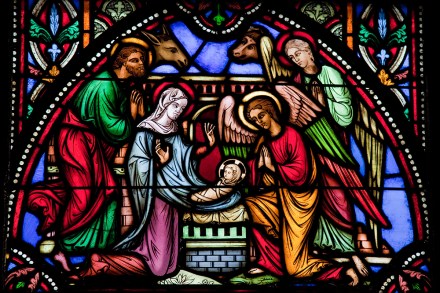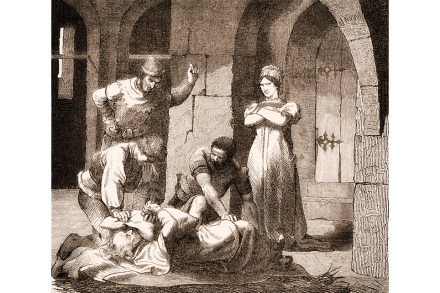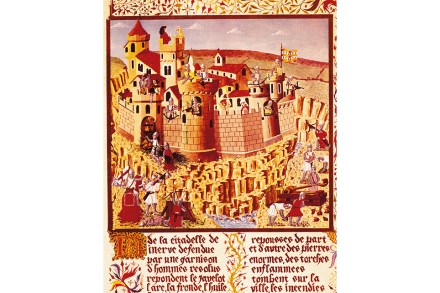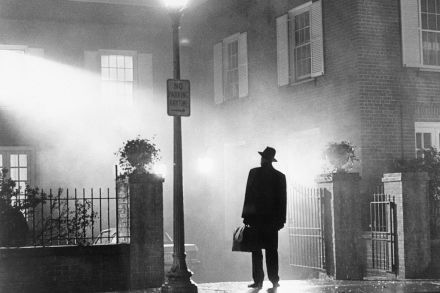We’ll never know what treasures the Tudor Reformation robbed us of
In 1693, quarrymen working near Caerleon, outside Newport in Wales, uncovered an alabaster sculpture of a figure they did not recognise. The man wore a suit of armour, which had once been covered in gold leaf. In one hand he held a sword, in the other a pair of scales. The scales themselves held a girl’s face and a globe of the Earth. The sculpture was donated to the Ashmolean, but experts there were baffled by it. Could it represent the goddess Astrea, one of them wondered. In fact, it represented the Archangel Michael, one of the most significant figures in the medieval church. Among other things, it will be
